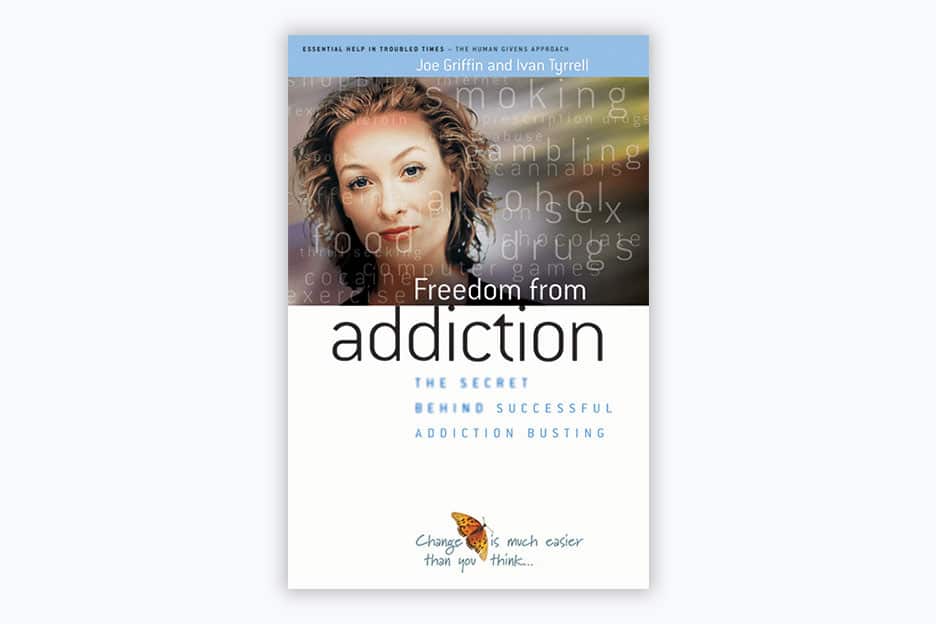What’s really at the root of addiction
To effectively treat addiction, we must identify the unmet needs at its core.
Key points:
- Addiction, whether to substances or certain behaviours like gambling, is still widely viewed as a disease, and treated as such by psychiatrists.
- But this classic view ignores the fact that addiction originates in needs not satisfactorily met.
- The “cure,” therefore, must include addressing circumstances and beliefs that need to change, not just the substance use in isolation.
Primula lived at a hostel for homeless people trapped in substance misuse, where I used to offer counselling sessions. She drank bottles of strong lager to “deal with stress”, even though she hated the taste. Unable to read or write, beset with physical ailments and blessed with the kindest of hearts, she was cheated by the other residents, who showered her with phoney affection and then stole her pension money to buy drugs; or she let them bank money for her, with disastrous results. Even her own grown-up children took advantage of her.
She was 58, looked 10 years older, and started drinking at age 12, when her father advised her to take it up, to cope with the vicious beatings her mother gave her every day. She was grateful to her beloved father for that, she told me. To her, it was an act of caring.
Was her addiction a disease? That is the classical view of addiction – substance-related disorders are categorised at length in the American Psychiatric Association’s Diagnostic and Statistical Manual of Mental Disorders, and it is the cornerstone understanding of many rehabilitation programmes.
This article was first published on Psychology Today, and was written by Denise Winn.


